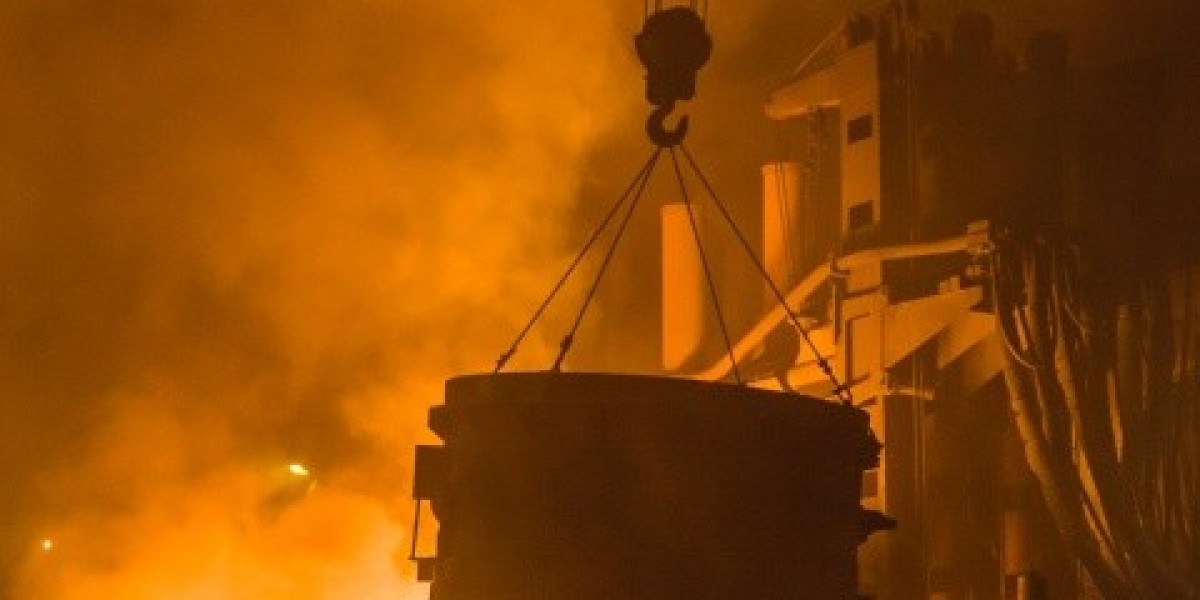In the world of manufacturing, selecting the right casting supplier is paramount to the success of any project. Whether you're venturing into automotive, aerospace, or any other industry reliant on cast components, the quality and reliability of your supplier can make or break your endeavors. This guide aims to equip you with the knowledge and understanding necessary to navigate the complexities of selecting the ideal casting supplier for your specific needs.
Understanding Your Requirements: Before diving into the selection process, it's crucial to have a clear understanding of your project requirements. Define the type of casting you need (e.g., sand casting, investment casting, die casting) and the materials involved (e.g., aluminum, steel, bronze). Consider factors such as dimensional accuracy, surface finish, and volume requirements. Having a detailed specification will serve as your compass in evaluating potential suppliers.
Quality Assurance and Certifications: Quality is non-negotiable when it comes to casting suppliers. Look for certifications such as ISO 9001, which ensure that the supplier adheres to stringent quality management standards. Additionally, inquire about specific certifications relevant to your industry, such as AS9100 for aerospace or IATF 16949 for automotive. A commitment to quality standards demonstrates the supplier's dedication to delivering consistent, high-quality products.
Technical Expertise and Capabilities: Evaluate the supplier's technical expertise and capabilities in casting processes and materials. A reputable supplier should have a skilled team of engineers and metallurgists capable of providing valuable insights and recommendations throughout the manufacturing process. Assess their experience with complex geometries, tight tolerances, and specialty alloys relevant to your project.
Production Capacity and Lead Times: Consider the supplier's production capacity and lead times to ensure they can meet your demand requirements within your desired timeframe. Evaluate factors such as equipment capacity, production scalability, and inventory management practices. A reliable supplier should have the flexibility to accommodate fluctuations in demand and offer competitive lead times without compromising on quality.
Supply Chain Resilience and Sustainability: Assess the supplier's supply chain resilience and sustainability practices to mitigate risks and uphold ethical standards. Inquire about their sourcing strategies, supplier relationships, and contingency plans for potential disruptions. Additionally, consider their commitment to sustainability initiatives, such as recycling programs and energy-efficient practices, aligning with your corporate social responsibility goals.
Cost Competitiveness and Total Cost of Ownership: While cost is undoubtedly a significant factor, focus on the total cost of ownership rather than upfront pricing alone. Evaluate factors such as material costs, tooling expenses, and long-term maintenance requirements. A supplier offering the lowest initial quote may not necessarily provide the best value if their quality, reliability, or service fall short.
Communication and Collaboration: Effective communication and collaboration are essential for a successful partnership with your casting supplier. Evaluate their responsiveness, transparency, and willingness to address your concerns and requirements promptly. Establish clear channels of communication and expectations from the outset to foster a collaborative working relationship built on trust and mutual respect.
By following these guidelines and conducting thorough due diligence, you can confidently select a casting supplier that aligns with your project goals, quality standards, and business values. Remember that the right supplier isn't just a vendor but a strategic partner invested in your success.



